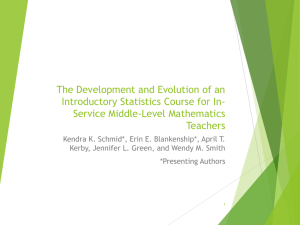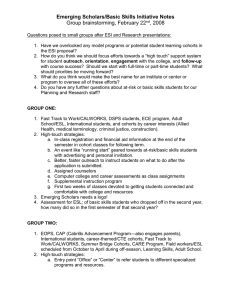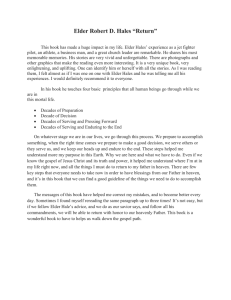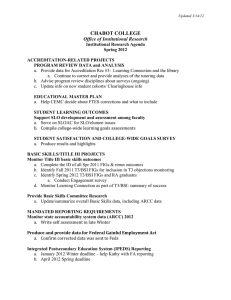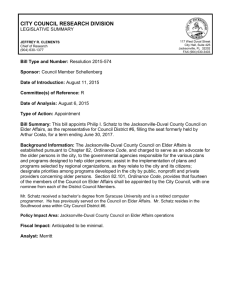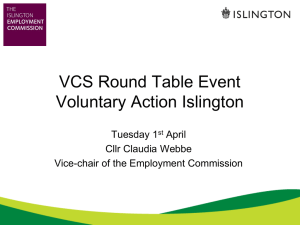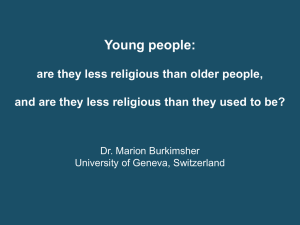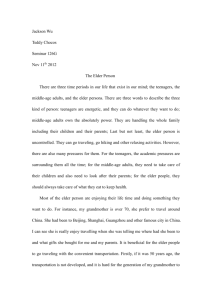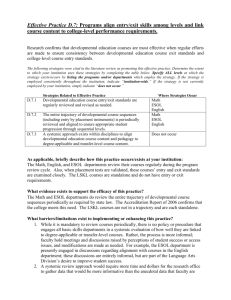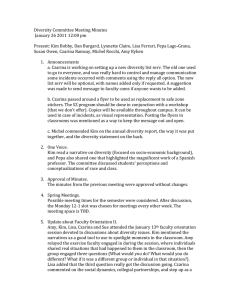Curso de vida Elder The Emergence and Development of Life
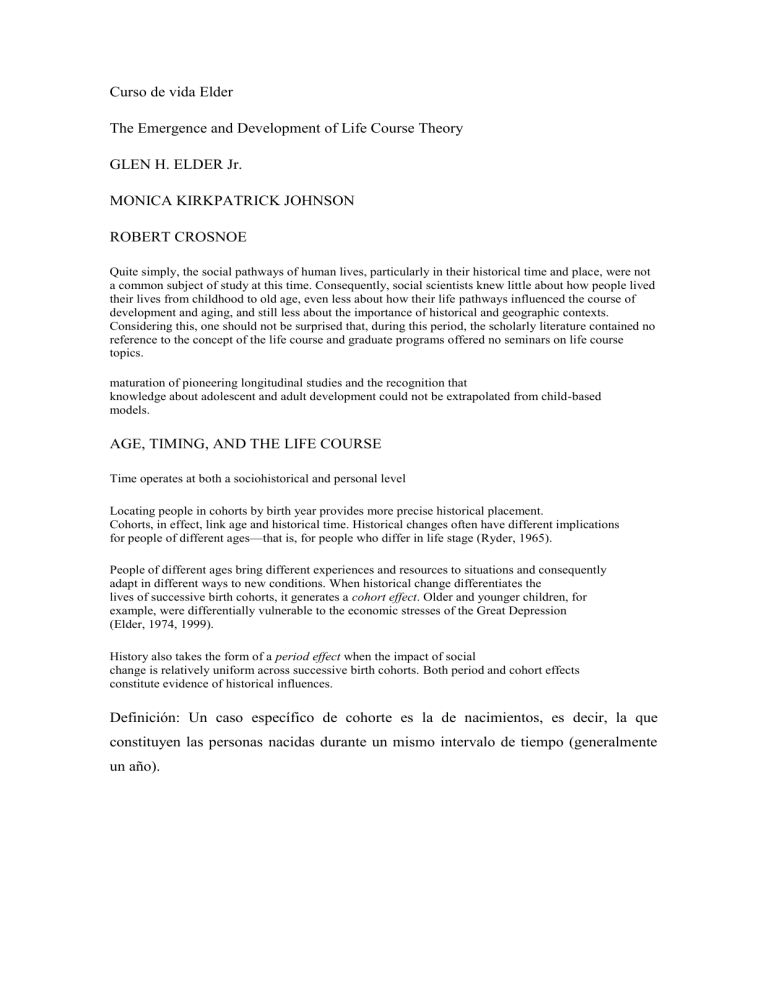
Curso de vida Elder
The Emergence and Development of Life Course Theory
GLEN H. ELDER Jr.
MONICA KIRKPATRICK JOHNSON
ROBERT CROSNOE
Quite simply, the social pathways of human lives, particularly in their historical time and place, were not a common subject of study at this time. Consequently, social scientists knew little about how people lived their lives from childhood to old age, even less about how their life pathways influenced the course of development and aging, and still less about the importance of historical and geographic contexts.
Considering this, one should not be surprised that, during this period, the scholarly literature contained no reference to the concept of the life course and graduate programs offered no seminars on life course topics. maturation of pioneering longitudinal studies and the recognition that knowledge about adolescent and adult development could not be extrapolated from child-based models.
AGE, TIMING, AND THE LIFE COURSE
Time operates at both a sociohistorical and personal level
Locating people in cohorts by birth year provides more precise historical placement.
Cohorts, in effect, link age and historical time. Historical changes often have different implications for people of different ages—that is, for people who differ in life stage (Ryder, 1965).
People of different ages bring different experiences and resources to situations and consequently adapt in different ways to new conditions. When historical change differentiates the lives of successive birth cohorts, it generates a cohort effect . Older and younger children, for example, were differentially vulnerable to the economic stresses of the Great Depression
(Elder, 1974, 1999).
History also takes the form of a period effect when the impact of social change is relatively uniform across successive birth cohorts. Both period and cohort effects constitute evidence of historical influences.
Definición: Un caso específico de cohorte es la de nacimientos, es decir, la que constituyen las personas nacidas durante un mismo intervalo de tiempo (generalmente un año).
